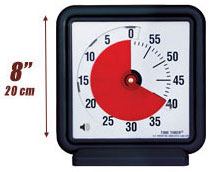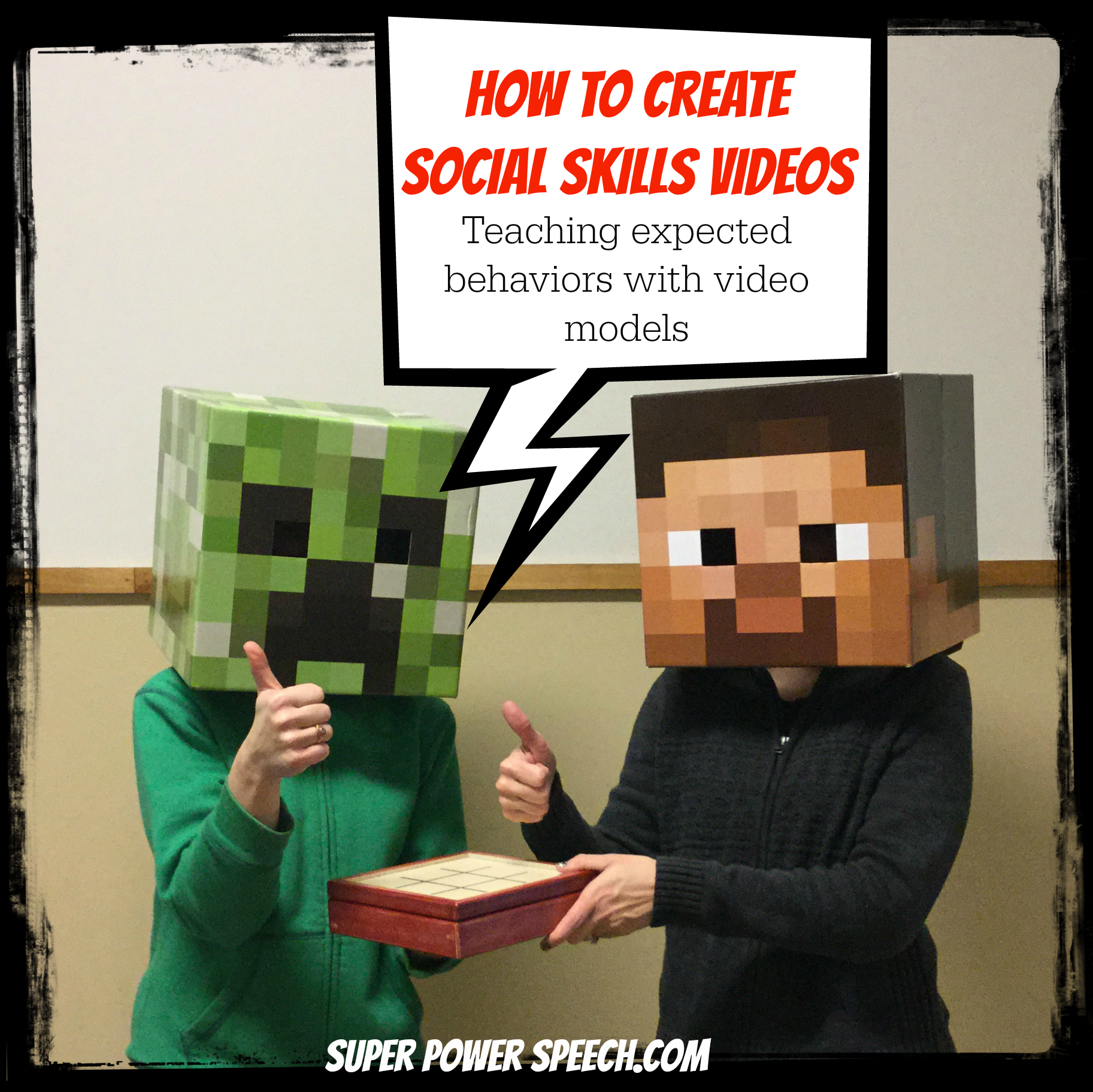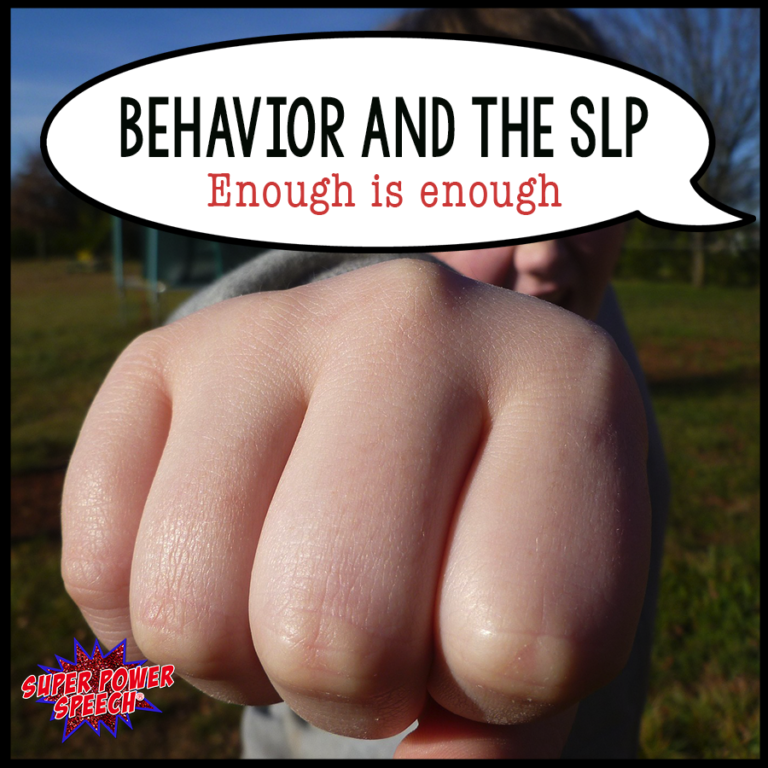Traumatic Brain Injury
Today’s post is a continuation on last week’s post about head injuries based on a recent presentation by Pat Sublette, PhD.
The more I learn about Traumatic Brain Injury, the more I decide that no one is leaving my home without a helmet strapped onto their heads.
Well, not really, but that is what I’d prefer.
Before becoming a mom, I took on a second job as a Saturday Speech Therapist for a pediatric rehabilitation hospital. Most of my patients had head injuries. Most of my patients were teenage boys. It’s a sad fact that of the 1.4 million pediatric Traumatic Brain Injuries (TBI) each year, 50% occur to youth between the ages of 16-21. The second highest risk age group is 0-4. Common causes of TBI include vehicular accidents, high risk sports, pedestrian accidents, violence, falls, and abuse. Children with a TBI are less likely to lose consciousness and more likely to survive than adults with TBI. Although this is great news for families, it also means that many TBIs are never diagnosed and experience life-long symptoms.
Last year I met a student in my school who was experiencing significant struggles with school. He had difficulties with memory, reading, following verbal directions, and getting along with peers. His mother stated that his siblings were straight A students and never had trouble with school. She wanted extra support for this child. In a case history, it was revealed that her son was in a car accident at age 4 and “he’s never been the same since.” Although we had suspicions of TBI, there was no medical documentation. Without a medical diagnosis, we could not pursue that eligibility for special education services. Unfortunately, this is a very common scenario.
There are two types of Traumatic Brain Injuries: open and closed. An open injury is obvious because the head is actually opened (such as a gun shot). A closed injury cannot be seen. The brain is literally shaken within the skull cavity, ripping neurons and vessels and puncturing brain tissue. The frontal lobe of the brain is usually affected–causing difficulties in initiation, problem solving, judgment, planning, attention, and expressive language. With these impairments, of course a child would struggle in school and beyond.
If a child is involved in any serious head injury, make sure to have a physician evaluate their status. Remember that closed brain injuries are not visible, may not include loss of consciousness, and can take several days (or weeks) before symptoms appear.








bravo for getting the word out. As a parent and SLP, I have to resist the urge to wrap the kids in bubble wrap sometimes. . .
The more I read your posts, the more afraid I am that puberty will spark mental retardation in Micah–Mr. Head Injury himself!!! Aaaaaahh!!!
OK, I’ve calmed down. Is there any hope for recovery for closed TBI sufferers?
I can see why you would want a helmet on your children at all times….these statistics are staggering!
My daughter suffered a closed contra-coup injury in a softball game. Other than the 15 hour amnesia she had when she sustained the injury there have been no noticeable effects–she’s still a straight-A student. She knows though that she has to be especially careful of another TBI–one of the reasons she didn’t fly in cheerleading.
ummm… scary. really really scary. Every Friday when my football players get ready to leave my class I tell them to protect their precious heads and necks!! Now I have some more info for them! I am sure they will love that…
Nice post – I’m glad you found me
I love finding speech paths on the web
I started my career working in TBI
yes it can make you a little neurotic.
Wow, those statistics are haunting. I can attest to the devastating implications of TBI, although not with kids. My mother took two spills last year (wherein she hit her head) a couple weeks apart and it was months before we realized why she had become so “flighty” and forgetful. It has definitely taken a toll on her quality of life and the relationships around her.
K, now I am freaked out! Yikes.
I remember my son falling on the ski hill, cracking his orbital bone and throwing up once on the hill. His father and I were convinced he had a concussion. The doctors told us nope, he didn’t lose consciousness so he was fine. I hope they were right.
Yes, my brother suffered a TMI 15 years ago during a bicycle accident. And no, he’s never been the same. He spent time in a coma, etc. so we knew he would have a lifelong full of challenges. He does live alone, have a full-time job and manages quite well actually.
Thanks for posting this. So informative!